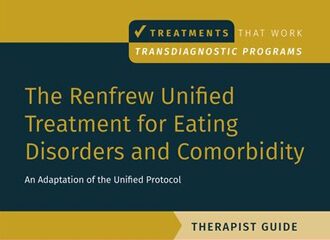Written By: Hanna Webster
Published By: Pittsburgh Post-Gazette

Thanksgiving can be a challenging holiday for people who struggle with body image or issues surrounding food. While the holiday is supposed to be about gratitude, for many, it has come to be about indulging-or over-indulging on quintessential dishes.
For people with food and body image issues, the way family members talk about holiday eating can be particularly loaded.
With eating disorders in young people, especially girls between 12 and 17, skyrocketing in the pandemic, as many as 30 million Americans are estimated to have them at some point in their lives.
Recognizing that family members may be unaware of a relative’s struggles, local experts offered advice on how to avoid harmful language around food during the holidays.
Morgan Krumeich, a clinical psychologist at AHN who specializes in eating disorders, said that associating food as good or bad can create negative thoughts, emotions and guilt around eating. Even a comment that seems harmless, like “I’ll have to go to the gym after eating all this pie,” can trigger that moral quandary in others, who now have second thoughts about taking two slices. Ms. Krumeich discouraged comments about what folks are eating or not eating and comments about people’s bodies in general.
Erin Wentroble, the site director for The Renfrew Center, an eating disorder clinic in Pittsburgh, agreed with avoiding comments on portion sizes, body shape changes, moral comments about food or referencing caloric content. Someone in recovery for an eating disorder may be on a set meal plan that would dictate portion sizes.
Click here to view the full article.



